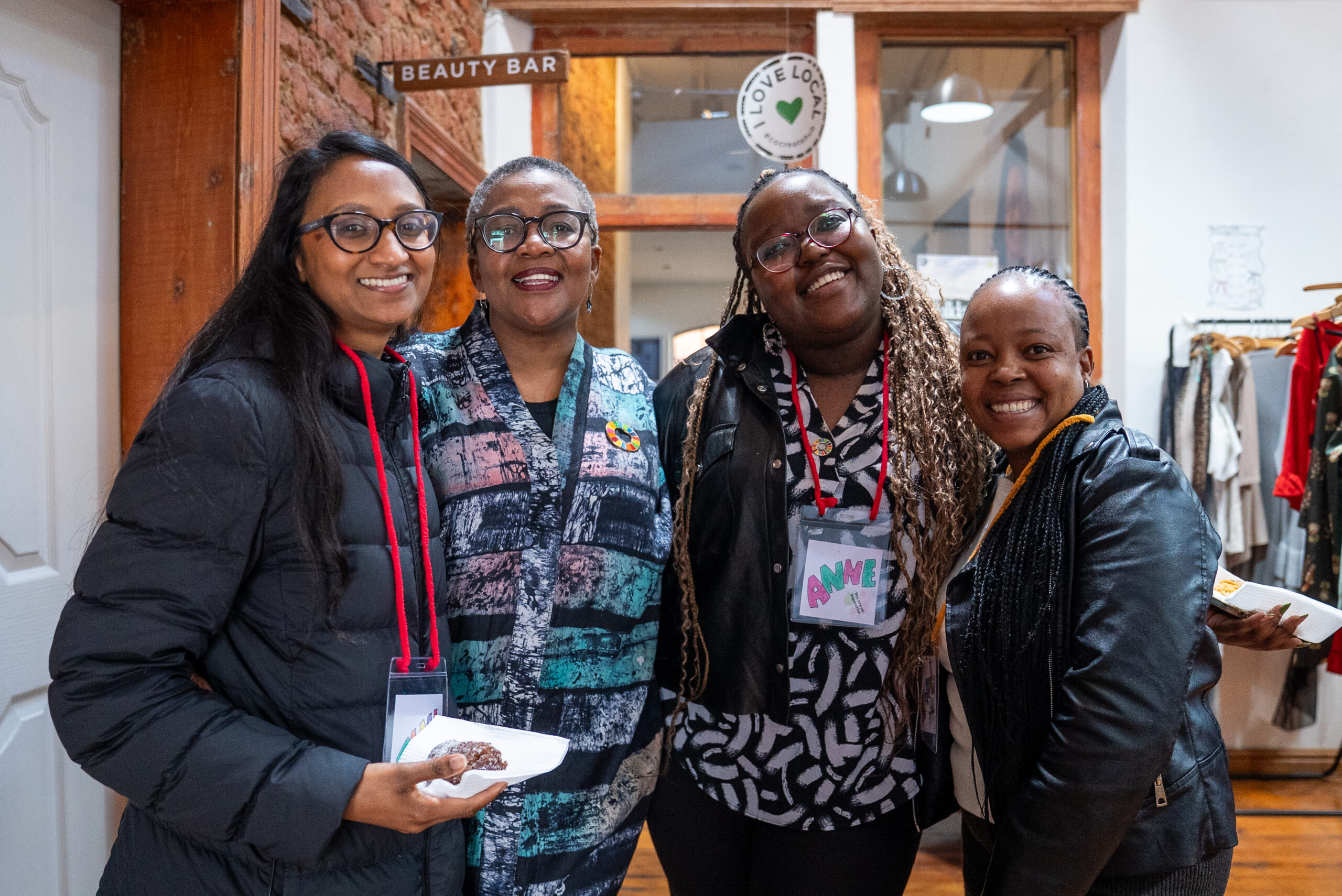The Goalkeepers South Africa community gathered online on 22 September for its eighth session to explore how gender influences leadership identity and everyday impact. Facilitated by business management consultant, researcher, and advocate for women in leadership, Rashmi Rambiritch-Gagiano, the session was an interactive masterclass in leadership styles. The webinar served as a bridge between leadership theory and the lived realities of Goalkeepers, who lead in boards, classrooms, labs, and civic spaces. It sensitised both emerging and established leaders with clear tools to read the room, set ground rules, use precise language, and close meetings with confidence.
Ms Rambiritch-Gagiano opened by clarifying core ideas that often get blurred in practice. Sex and gender are not the same, and gender is shaped by social context. She also made a distinction between “descriptive” stereotypes, which explain how people are seen, and “prescriptive” stereotypes, which prescribe how people should behave, giving rise to the so-called “feminine” and “masculine” leadership traits. Assertiveness and agency are often associated with masculinity, while empathy and compassion are typically viewed as feminine; however, effective leadership requires drawing from a range of leadership styles. Following a question about upbringing by Thulile Khanyile, Rashmi highlighted that both role modelling and societal expectations play a role in what children internalise, not only the behaviours they witness but also the gendered “schemata” society attaches to those roles.
Violating these informal rules can trigger backlash. Goalkeeper Anne Chisa raised a question about whether cultural and regional contexts influence how gendered leadership plays out. Ms Rambiritch-Gagiano acknowledged that it does. Research shows, for example, that Asian men and Black women often face the harshest backlash when defying stereotypes, emphasising that cultural norms and expectations always shape leadership. This led the Goalkeepers to explore further how religion, race, and class influence a leader’s trust reserves and how legitimacy grows when a leader is both of and for the group.
Prompted by questions from Goalkeeper Jinal Bihman and Goalkeeper Tsepiso Makwetla, the group explored language cues that reduce hedging, simple ways to set the room at the start of a meeting, and how to close decisively so that the next steps are clear. From this, the discussion delved deeper into credibility and how seeking to be liked can often lead to softer decisions by women, including avoiding hard feedback and spending energy managing others’ comfort instead of doing the work. Mmabatho Maboya shared some of her engagement strategies, which, as a woman, helped to set the tone in meetings.
Respect, by contrast, is built through clarity, delivery, and consistency, and it protects authority when making tough choices. As Ms Rambiritch-Gagiano put it, “as women, we have to get over this disease of wanting to be liked.” She went on to encourage Goalkeepers to “just get comfortable with being uncomfortable.” Her framing of the trade-off was direct: “They may not love you, but they will respect you at the end. And even if they don’t respect you, at least you’ll get enough respect to get the job done.” Strategic silence, used at the right moment, also emerged as a simple tool that lets weak assumptions surface before a firm close.
